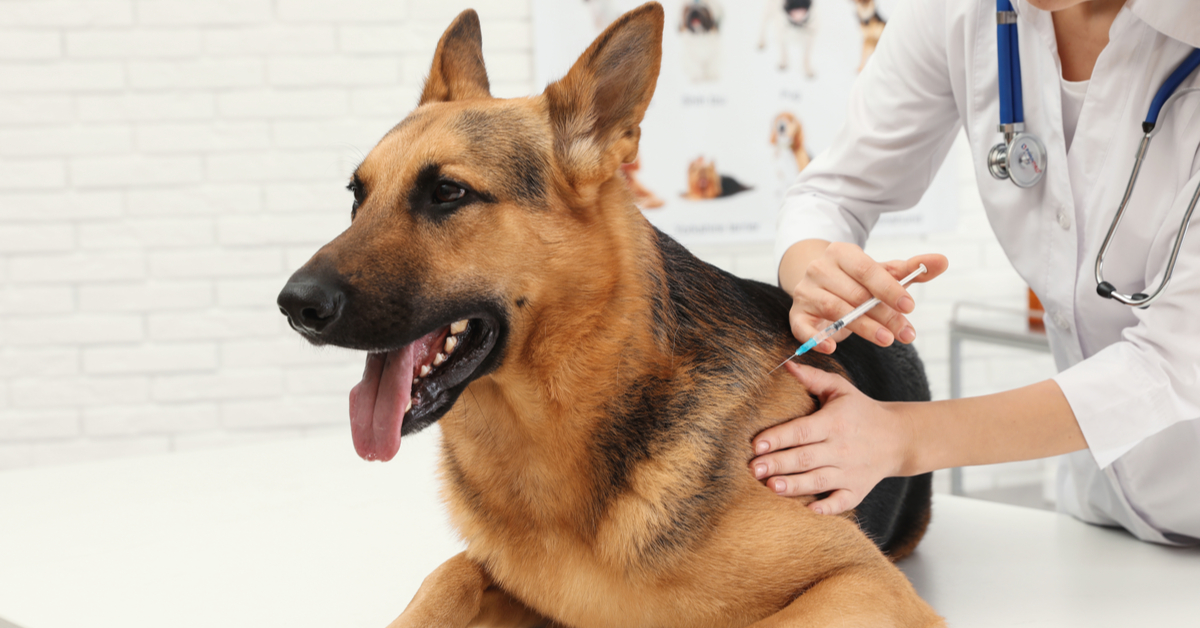Vaccinate Your Pet: Protecting Them from Deadly Diseases
Table of Contents
- Introduction
- Understanding the Importance of Pet Vaccination
- Common Deadly Diseases: Distemper, Parvo, Panleukopenia, and Rabies
- The Vaccination Process
- Vaccination Schedules
- Vaccine Safety
- The Role of Boosters
- Vaccination FAQs
- Conclusion
Introduction
As a responsible pet owner, ensuring the health and well-being of your furry companion is a top priority. One of the most effective ways to protect your pet from potentially deadly diseases is through vaccination. In this article, we'll explore the importance of vaccinating your pet and the specific diseases you can guard against.
Understanding the Importance of Pet Vaccination
Pet vaccination is a cornerstone of preventive healthcare. It works by stimulating your pet's immune system to produce antibodies against certain diseases, making them less susceptible to infection. This proactive approach is key to keeping your pet safe.
Common Deadly Diseases: Distemper, Parvo, Panleukopenia, and Rabies
Distemper
Distemper is a highly contagious viral disease that affects dogs. It can lead to a range of symptoms, including fever, coughing, nasal discharge, lethargy, and even death.
Parvo
Parvo, or canine parvovirus, primarily affects puppies and unvaccinated dogs. It causes severe gastrointestinal symptoms such as vomiting and diarrhea, which can quickly lead to dehydration and death.
Panleukopenia
Panleukopenia, also known as feline distemper, is a viral disease that affects cats. It can cause fever, lethargy, loss of appetite, vomiting, and severe dehydration.
Rabies
Rabies is a viral disease that affects mammals, including humans. It is almost always fatal once symptoms appear and poses a significant public health risk.
The Vaccination Process
Pet vaccination involves administering a weakened or inactivated form of the disease-causing agent. This prompts your pet's immune system to produce antibodies, providing immunity without causing illness.
Vaccination Schedules
Vaccination schedules vary depending on your pet's age, species, and risk factors. Your veterinarian will create a customized vaccination plan to ensure your pet receives the appropriate vaccines at the right times.
Vaccine Safety
Pet vaccines are rigorously tested for safety and effectiveness before approval. Side effects are generally mild, such as temporary soreness or mild fever. Serious adverse reactions are rare.
The Role of Boosters
Some vaccines require booster shots to maintain immunity. Your veterinarian will provide guidance on when and which boosters are necessary for your pet.
Vaccination FAQs
1. Are vaccines really necessary for indoor pets?
- Yes, indoor pets are also at risk because diseases can be transmitted by humans, other pets, or even insects.
2. Can vaccines cause autism in pets?
- No, there is no scientific evidence to support a link between vaccines and autism in pets.
3. Are there alternatives to vaccination, such as holistic remedies?
- While holistic remedies can complement conventional care, they are not a substitute for vaccination in preventing deadly diseases.
4. Are there financial assistance programs for pet vaccinations?
- Yes, many animal welfare organizations offer low-cost vaccination clinics or financial assistance for pet owners in need.
5. Can vaccines make my pet sick?
- Mild, short-lived side effects are possible, but serious illness due to vaccination is extremely rare.
Conclusion
Vaccinating your pet against potentially deadly diseases is one of the most compassionate and responsible actions you can take as a pet owner. Consult with your veterinarian to develop a vaccination plan tailored to your pet's unique needs. By doing so, you'll provide them with a long, healthy, and happy life.

